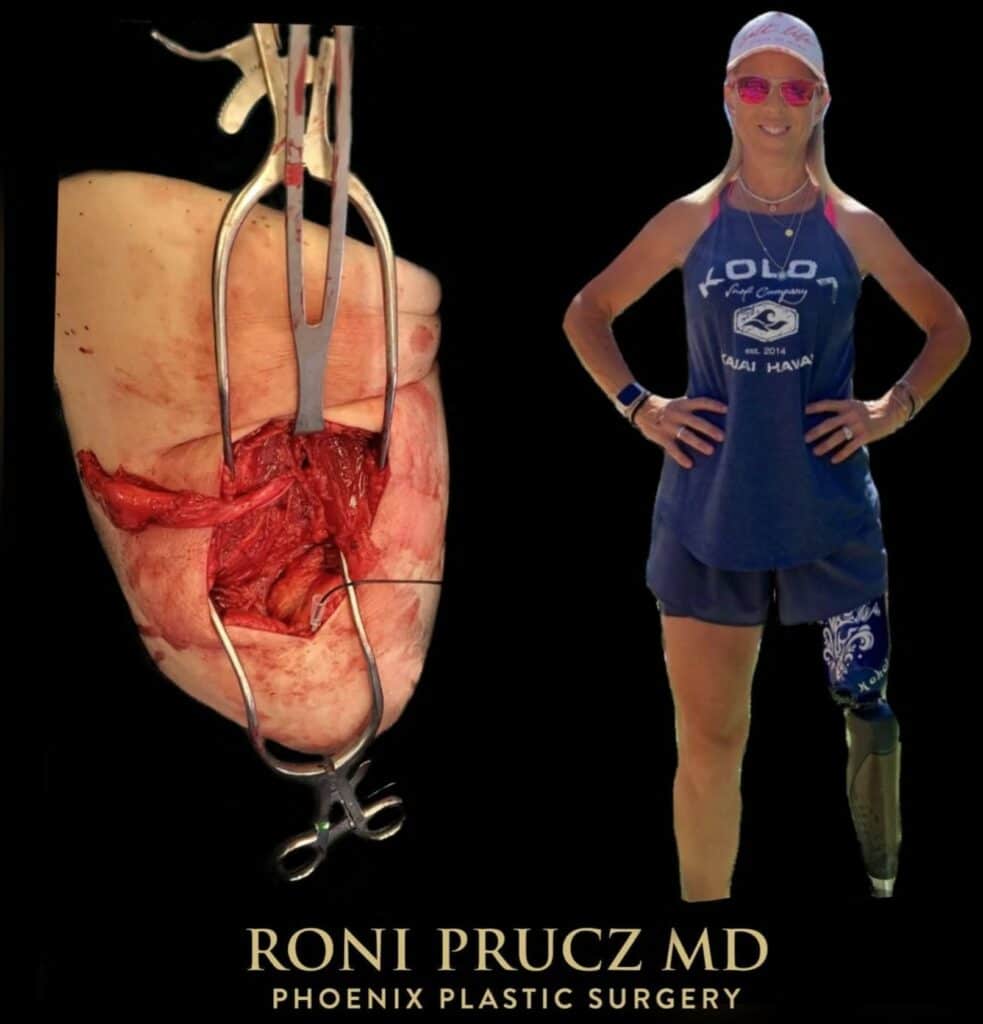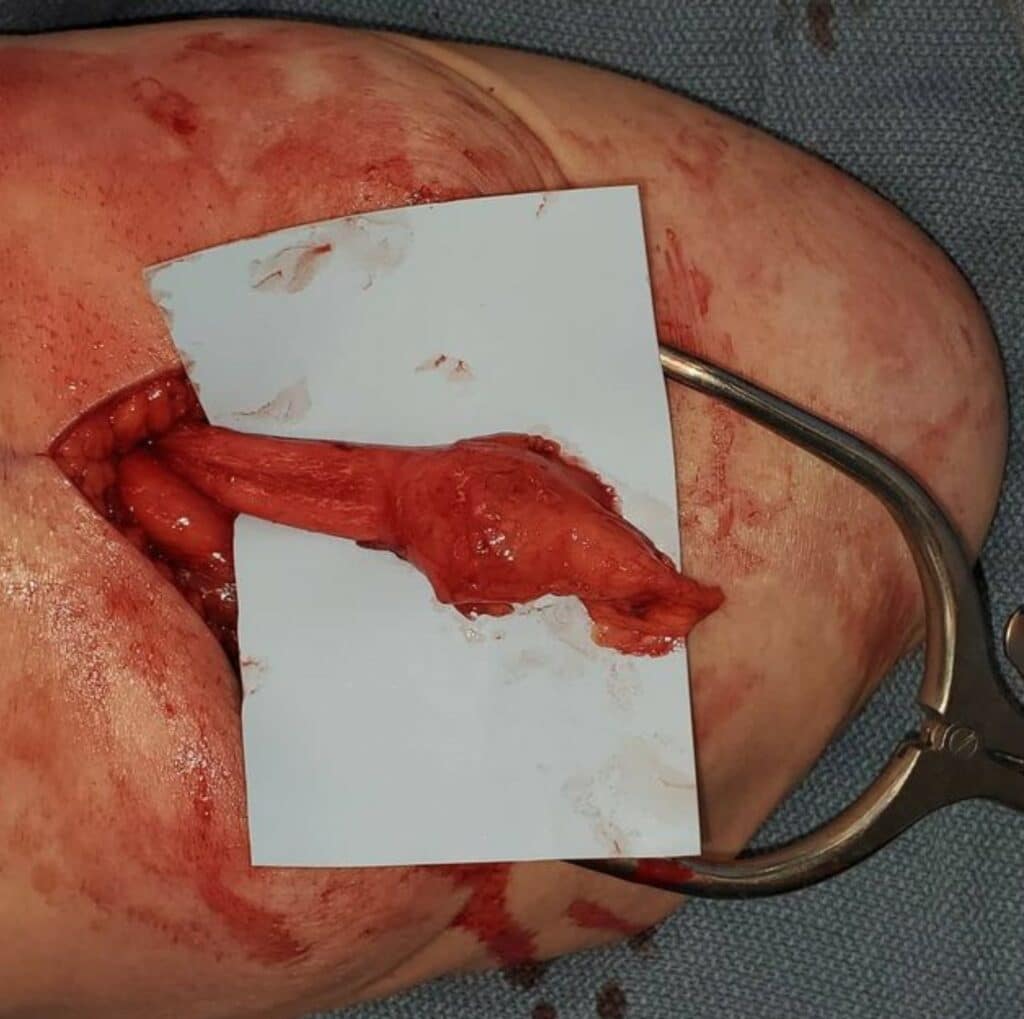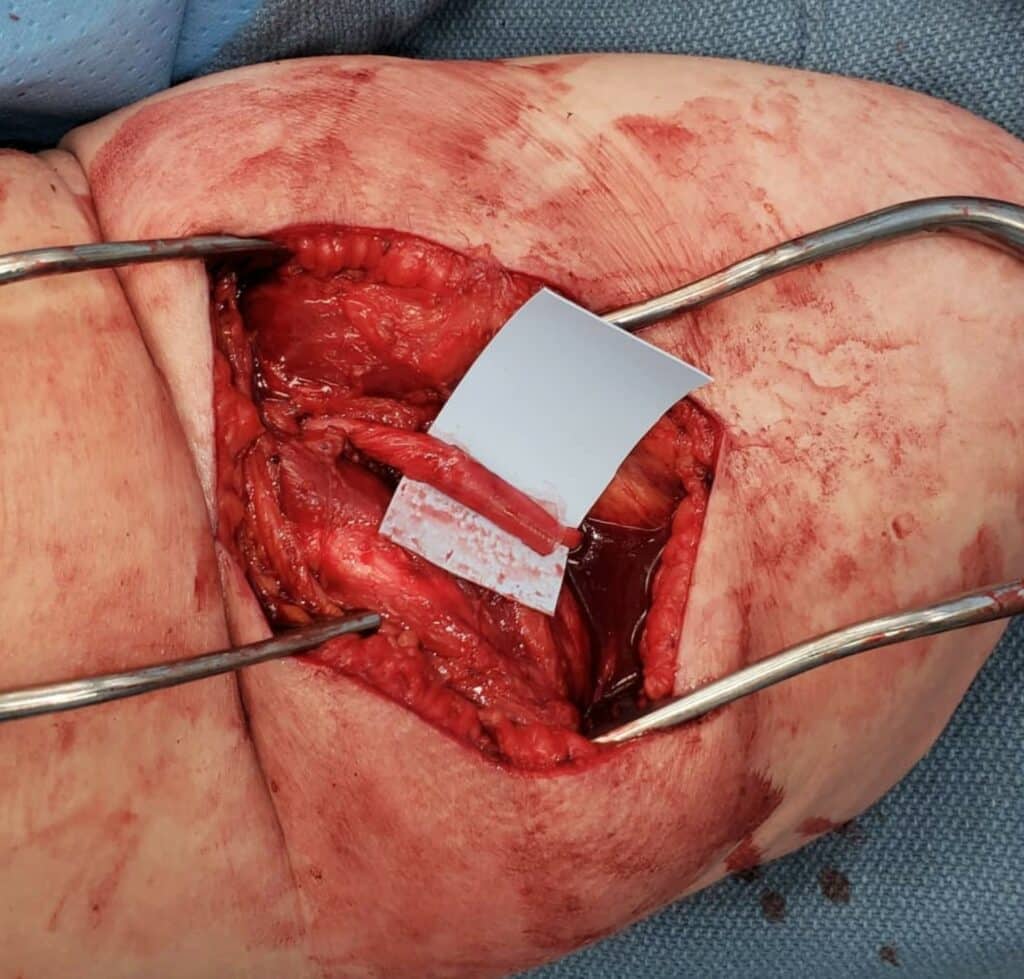Diagnosing Nerve Injuries: Precision through EMG and NCS
Accurate diagnosis is crucial for determining the extent and nature of nerve injuries. Electromyography (EMG) and Nerve Conduction Studies (NCS) are essential diagnostic tools. EMG measures the electrical activity in muscles, while NCS evaluates the speed and strength of nerve signals. These tests help pinpoint the location and severity of nerve damage.
Advanced Treatments for Nerve Injuries: Restoring Functionality
Treatment for nerve injuries depends on the specific type and severity of the injury. Dr. Prucz’s expertise allows for a range of advanced treatments:
- Neuroma Excision: Neuromas are abnormal nerve growths that can develop at the site of nerve injury. Surgical excision of the neuroma is often necessary to relieve pain.
- Nerve Transfers: Nerve transfers involve redirecting a healthy nerve to take over the function of a damaged or severed nerve. This advanced technique can restore lost movement or sensation.
- Nerve Decompression: Nerve compression, often seen in conditions like carpal tunnel syndrome and tarsal tunnel syndrome, can be alleviated through surgical decompression. This procedure aims to relieve pressure on the nerve preventing further damage.
- Targeted Muscle Reinnervation (TMR): TMR is a cutting-edge technique that reassigns nerves from an amputated limb to nearby muscles. This allows for more intuitive control of prosthetic devices and can significantly improve the quality of life for amputees.
Choose Precision and Renewal: Phoenix Plastic Surgery
If you’re suffering from a nerve injury or nerve entrapment, don’t wait any longer to find relief. When faced with the complexities of nerve injuries, trust the hands of an experienced expert. Dr Prucz’s expertise and reputation make him an excellent choice for nerve surgery in the Phoenix and Scottsdale area, and his thousands of five-star reviews speak to the high level of patient satisfaction he provides. Click here to schedule your consultation now.






















